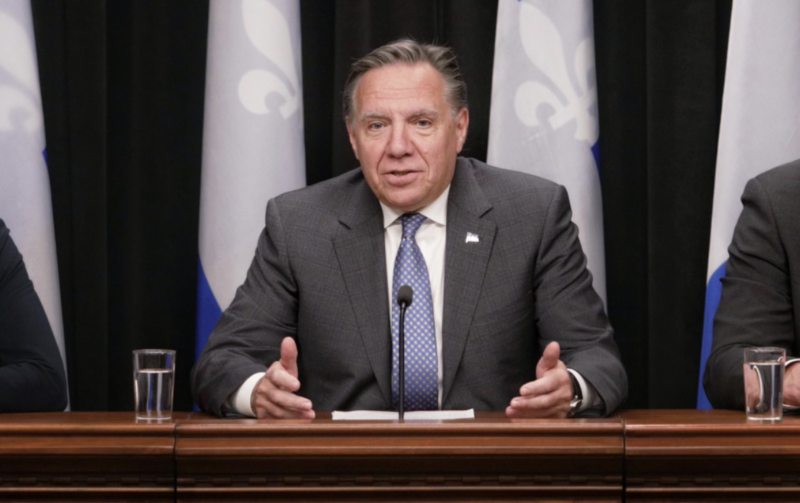If you don’t know your j’ai fini from your je suis finis, you might have a hard time migrating to Québec in the coming years.
What’s happening: For the first time in Québec’s history, those applying to become “economic immigrants”—selected for their potential to contribute to the economy—might need to have a working knowledge of French, the province’s official language.
-
Premier François Legault aims to bring the percentage of French-speaking immigrants accepted by the province to 96% by 2026, up from 72% in 2018.
- If the rules are adopted, exceptions will be granted case-by-case, with more leniency for specialized workers, students on temporary visas, and reunited family members.
Catch-up: Facing a growing share of Quebecers who speak English at home (13% as of 2021), Legault is on a mission to preserve the French language. Last year, the government approved laws limiting English use across education, business, and the public sector.
- Failure to control the flow of non-French-speaking immigrants could pose a threat to the province’s “national cohesion,” Legault has said on the campaign trail.
Why it matters: Canada welcomed a record 431,000 permanent residents last year, and the feds have committed to increasing targets until 2025. Québec’s strict policies—this year, new permanent residents will be capped 52,500—may increase the load for other provinces.—SB
